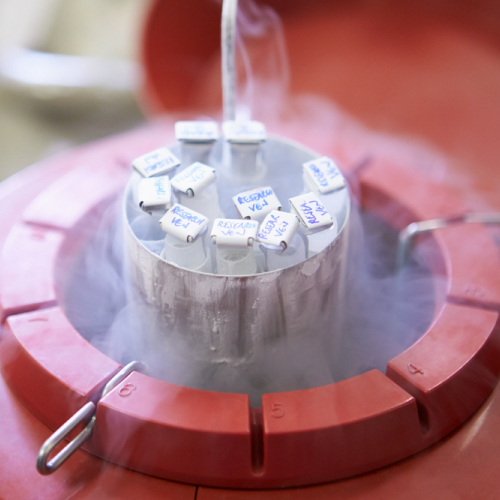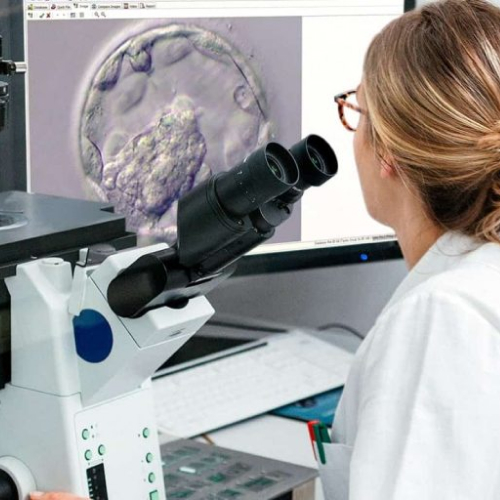Intrauterine Insemination (IUI) Treatment | Rana Fertility Center
Intrauterine Insemination, popularly known as IUI, is a form of assisted conception, that separates fast moving sperm from non-moving or sluggish sperm. The procedure can be performed with your partner’s sperm or donor sperm (donor insemination). Sperm that have been washed and concentrated are directly placed in the uterus during the time when ovaries release one or more eggs for fertilization.
In which cases IUI is offered?
Your doctor might offer you with IUI if:
• You are using donor insemination.
• Due to physicial disability or any type of psychosexual problem, you are unable to have vaginal intercourse.
• You have HIV positive male partner and wish to minimize the risk of passing on the disease to yourself and your potential child by means of sperm washing.
IUI is typically offered for couples who suffer from unexplained infertility, any type of endometeriosis, or a male partner who suffers from infertility problems. Older types of artificial insemination involved placing the sperm inside the vagina. The process was easier but had low success rate compared to the latest method of IUI.
How IUI is carried out?
Depending on the fertility problems, your doctor may put you on fertility medications alongside IUI. IUI is generally done between 12 to 16 day of your menstrual cycle, but the exact day of the procedure will depend upon your individual cycle. An ultrasound scan is performed to locate the female egg and detect its maturity time. This helps to determine the right time for insemination. For those who do not ovulate naturally might require an injection of HCG (Human Chorionic Gonadotrophin).
Your partner will be asked to provide a sperm sample which will be washed in the laboratory to extract the best quality sperm. Sperm then gets inserted inside the uterus within 24-48 hours of administration of HCG injection or when you have rise in the LH (luteinising hormone).
Using a catheter, your fertility specialist will put the sperm directly into your uterus near the fallopian tube. This is the passage of the egg when it travels along from the ovary to the uterus.
You will be told to rest for a short time after the procedure and then you can resume your normal daily activities.



